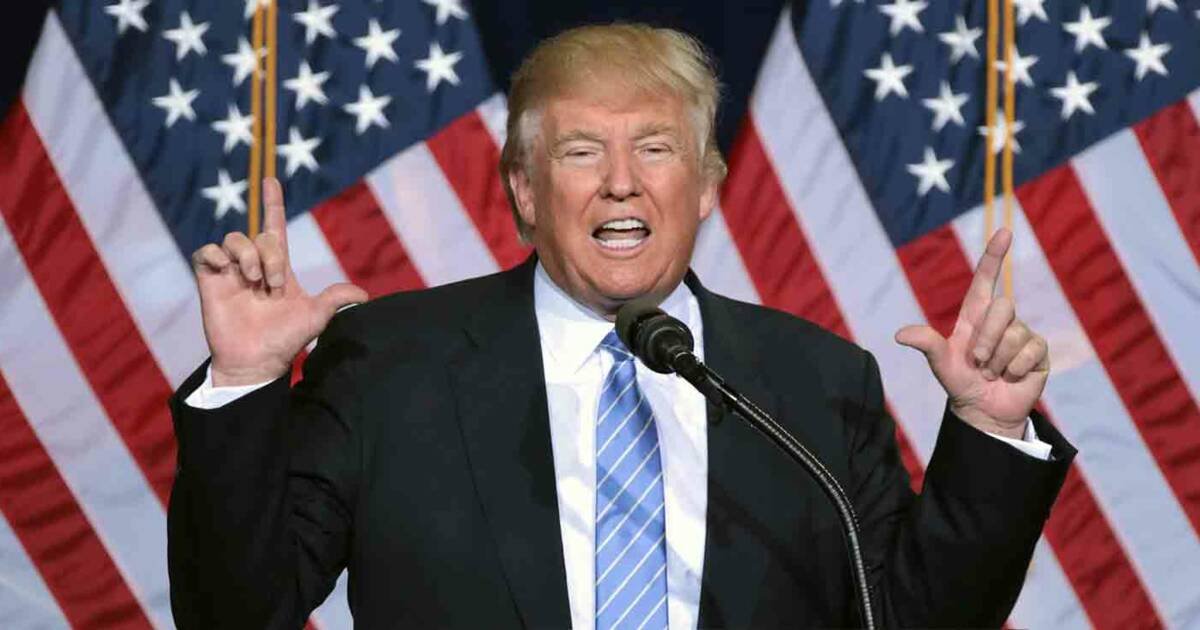Last updated on August 8, 2023
The United States political system is expected to face significant challenges in the upcoming year. Various factors are likely to exert substantial pressure on the system, testing its resilience and ability to navigate through critical issues.
One major source of pressure is the ongoing COVID-19 pandemic. The unprecedented health crisis has not only taken a toll on public health but has also exposed the vulnerabilities of the political system. The handling of the pandemic has been marred by divisive political rhetoric, inconsistent policies, and a lack of coordination between federal, state, and local authorities. As the country continues to grapple with the pandemic, the political system will face mounting pressure to deliver effective and unified responses to protect public health, revive the economy, and address the social and psychological impacts of the crisis.
Furthermore, racial tensions and social unrest have added to the strain on the political system. The killings of George Floyd, Breonna Taylor, and other Black Americans by the police have sparked widespread protests and calls for police reform. The demands for racial justice and equality place an enormous burden on policymakers to address systemic racism and implement meaningful changes. Navigating these complex issues will require bipartisan collaboration and the ability to address deeply ingrained prejudices in society, putting the political system to the test.
In addition, the upcoming elections will undoubtedly intensify the pressure on the political system. The 2022 midterm elections and the 2024 presidential election will bring fierce campaign battles and a heightened polarization of political ideologies. These electoral contests have the potential to further divide the nation, challenge democratic norms, and strain the trust in the electoral process. The result of these elections will have far-reaching implications for the political system’s ability to govern effectively and address the pressing issues facing the country.
Moreover, the polarized nature of American politics will continue to exert pressure on the system. The deep ideological divisions between Democrats and Republicans make it increasingly difficult to find common ground and pass bipartisan legislation. This partisan gridlock impedes progress on critical issues such as climate change, healthcare reform, and immigration. Overcoming this gridlock and finding avenues for constructive dialogue will be essential for the political system to deliver meaningful solutions.
Ultimately, the challenges facing the United States political system in the coming year are significant. The ability to effectively respond to the ongoing pandemic, address racial inequalities, navigate divisive elections, and overcome partisan gridlock will determine the system’s strength and its capacity to meet the needs of the American people. It is a critical moment that calls for leadership, collaboration, and a commitment to upholding democratic principles.
Image: https://weeklyfinancenews.online/wp-content/uploads/2023/08/trump.jpeg




Comments are closed.